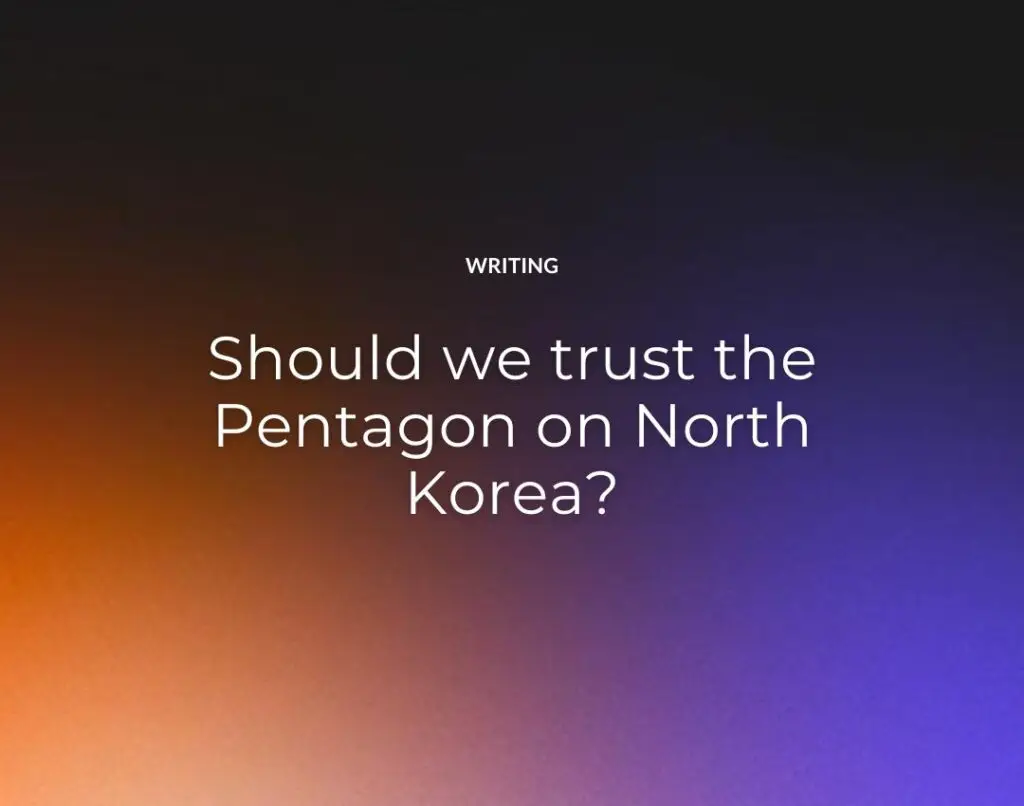By Geoffrey Cain
PRI’s The World
Apr 18, 2013
SEOUL, South Korea — Last month, the Defense Intelligence Agency (DIA) — the Pentagon’s intelligence arm — reported “with moderate confidence” in an intelligence assessment that North Korea had mastered a startling technology: the ability to shrink a nuclear warhead and place it on a crude missile.
A Republican Congressman revealed the confidential finding at a defense budget hearing on April 11.
Such a conclusion, if true, would have alarming implications for American interests. North Korea could, in theory, point a nuclear-tipped device at South Korea, Japan, or any of the American military bases in the region.
But on Tuesday, President Obama came out in apparent loggerheads with the Defense Department. He told NBC that he does not believe North Korea has attained the level of sophistication to miniaturize a nuclear bomb, although he didn’t specifically mention the report.
Obama wasn’t the first to question the Pentagon’s calculation. Just hours after the assessment was made public, Director of National Intelligence James Clapper Jr. said it did not reflect the “consensus” of the country’s 15 other spy agencies.
Secretary of State John Kerry also announced that “it is inaccurate to suggest that the DPRK has fully tested, developed or demonstrated capabilities that are articulated in that report.”
Should the haranguing come as a surprise?
When it comes to North Korea, this isn’t the first time the Pentagon has struck a line that many see as too hawkish.
In fact, among experts and reporters here in Seoul, the tendency has usually been to approach Defense Department claims on North Korea with particularly brash skepticism. (And that’s what journalists should always do, right?)
Or, to quote Mike Chinoy, a former CNN correspondent in Asia and North Korea watcher:
The sharply different judgments about Pyongyang’s capabilities recall a similar episode in 1998, when a fierce debate erupted within the American intelligence community after US spy satellites discovered an underground complex at Kumchangri, not far from North Korea’s main nuclear facility at Yongbyon.
The DIA insisted that Kumchangri was a construction site for a secret, underground nuclear weapons facility and that its existence proved Pyongyang was cheating on the Agreed Framework, the Clinton administration’s 1994 deal under which the North froze operations at Yongbyon in return for economic and diplomatic concessions from Washington. … “DIA hyped their findings unbelievably,” one former senior Clinton administration official said to me. “They mis-stated their level of certainty, and the further up the food chain they went, the more they dropped the caveats, and ended up putting us in a terrible position.”
To be fair, it’s understandable why the Pentagon would offer some of the strongest views in Washington. The department is charged with protecting its forces overseas and would prefer to err on the side of caution.
“It only takes being wrong once and I don’t want to be the secretary of defense that was wrong once,” Defense Secretary Chuck Hagel said on April 4, explaining why the military deployed missile batteries in Guam as a defensive measure against North Korea.
The article was originally published in PRI’s The World
See Also:





